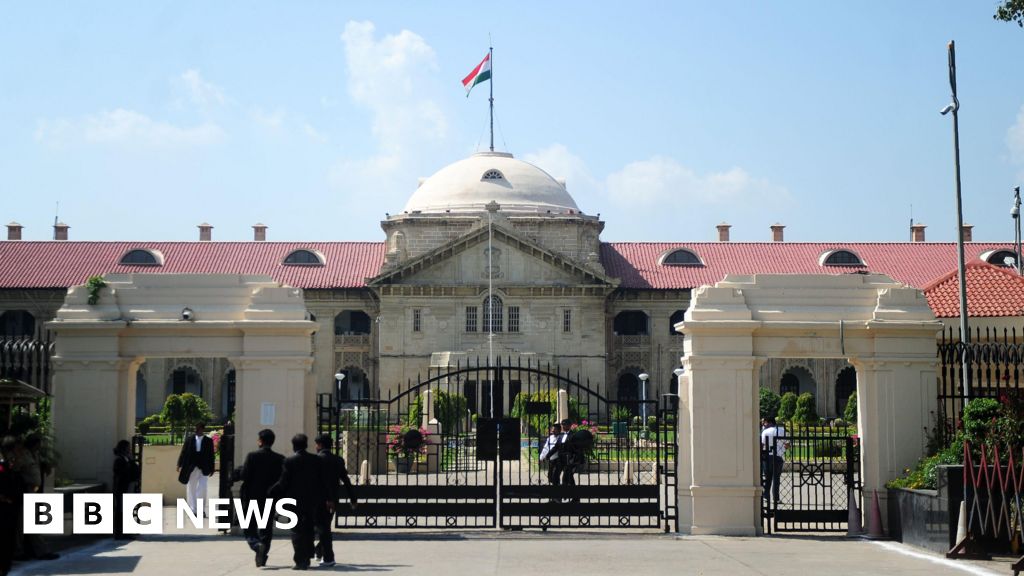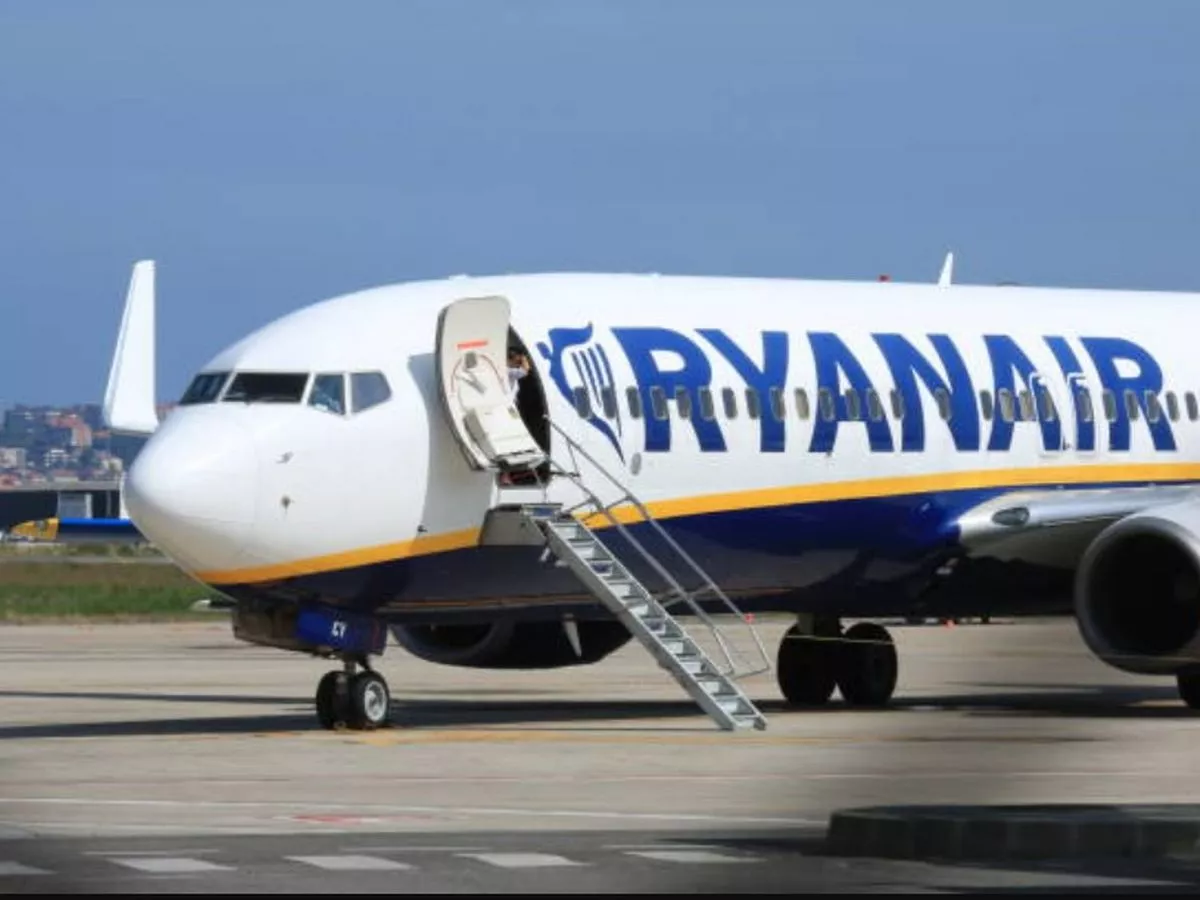By Umang Poddar
Copyright bbc

Lawyers say urgent matters – like bail pleas or eviction stays – are heard first, pushing older cases further down the list.
Senior lawyer Syed Farman Naqvi says courts often issue interim or temporary orders in urgent cases – but once the immediate need is met, the matter lingers as new cases pile up.
Retired judge Amar Saran says the mounting backlog has forced judges into a “cut-grass approach” – issuing quick, standard orders, from nudging the government to act to directing lower courts to handle the matter.
In April, the court confronted the scale of its delays while ruling on a rape and murder case pending for over 40 years. By the verdict’s delivery, four of the five convicted men had died. Ordering the sole surviving convict to surrender, the court admitted it regretted not ruling sooner.
The backlog has even prompted legal action. Earlier this year, a group of Allahabad High Court lawyers petitioned for more judicial appointments, calling the court “paralysed” by a shortage of judges that leaves cases lingering for years.
The crisis has caught the attention of India’s top court. In January, the Supreme Court called it “worrisome” that case listings at the Allahabad High Court are unpredictable, saying the system had completely collapsed.
Uncertain hearing dates hit people hard, especially in vast Uttar Pradesh. Many travel hundreds of kilometres to Prayagraj where the court is located on just a few days’ notice for their hearing.
Mr Rajput is from Kanpur, 200km (125 miles) from Prayagraj. He spends around four hours travelling each time his case is listed – yet can never be sure it will actually be heard.
“I’m over 70,” he says. “I often learn just days in advance that my case is listed, “making travel a hassle.” He adds that many times his case isn’t heard because other matters take up the whole day.



